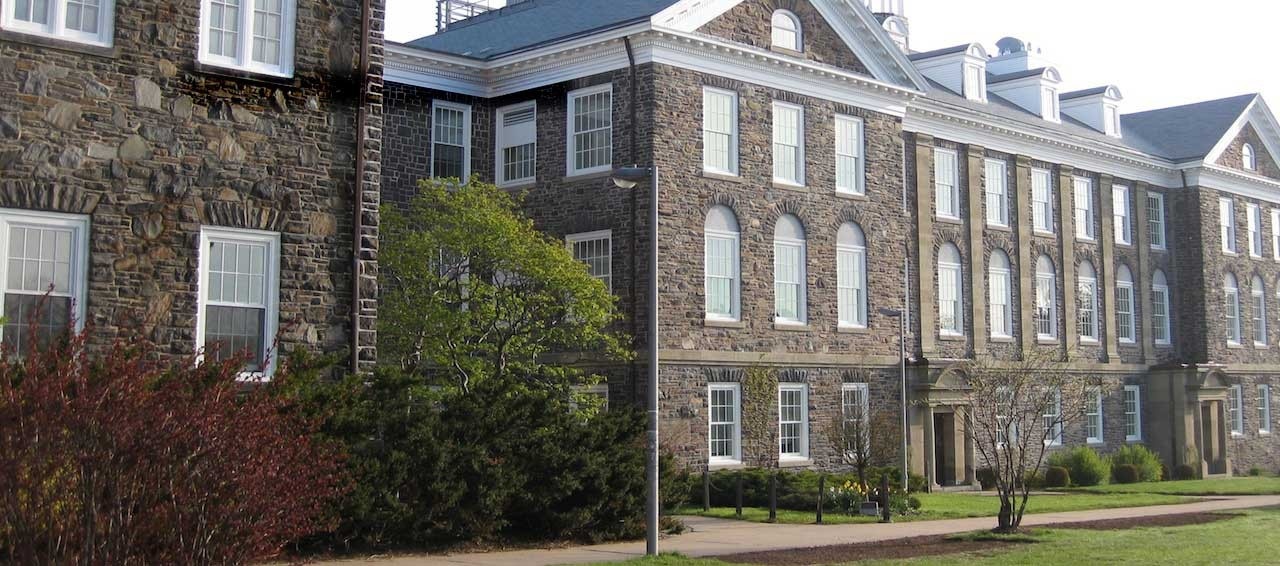Laura Turculet
Professor

Related information
Email: laura.turculet@dal.ca
Mailing Address:
Department of Chemistry
Dalhousie University
6243 Alumni Crescent
P.O. Box 15000
Halifax NS B3H 4R2
Research Topics:- Inorganic chemistry
- Synthesis
- Transition metals
- Ligand design
- Bond activation
- Pincer complexes
Education
- BSc, Massachusetts Institute of Technology
- PhD, University of California at Berkeley
- PDF, Washington University, St. Louis
Research interests
Our research goals include the design and construction of new and reactive low-coordinate transition metal complexes that feature metals in unusual bonding environments and/or oxidation states, and the development of new metal-mediated methodologies for inorganic, organic, and polymer synthesis.Ā
Selected awards and honours
- NSERC University Faculty Award, 2005
- Canada Foundation for Innovation, New Opportunities Award, 2005
Selected publications
- "Hemilabileā Silyl Pincer Ligation: Platinum Group PSiN Complexes and Triple CāH Activation to form a (PSiC)Ru Carbene Complex." A. J. Ruddy, S. J. Mitton, R. McDonald, and Laura Turculet* (Chem. Commun., 2012, 48, 1159-1161).
- āFour-Coordinate, 14-Electron RuII Complexes: Unusual Trigonal Pyramidal Geometry Enforced by Bis(phosphino)silyl Ligation.ā M. C. MacInnis, R. McDonald, M. J. Ferguson, S. Tobisch,* and Laura Turculet* (J. Am. Chem. Soc., 2011, 133, 13622-13633).
- "Nickel and Palladium Silyl Pincer Complexes: Unusual Structural Rearrangements that Involve Reversible Si-C(sp3) and Si-C(sp2) Bond Activation." S. J. Mitton, R. McDonald, and Laura Turculet* (Angew. Chem. Int. Ed., 2009, 48, 8568-8571).
- "Rhodium and Iridium Amido Complexes Supported by Silyl Pincer Ligation: Ammonia NāH Bond Activation by a [PSiP]Ir Complex." E. Morgan, D. F. MacLean, R. McDonald, and Laura Turculet* (J. Am. Chem. Soc., 2009, 131, 14234-14236).
- "Mono-, Di-, and Trinuclear Complexes Featuring the New Bis(phosphido) Ligand 4,5-Bis(tert-butylphosphido)-9,9-dimethylxanthene ([POP]2ā)." Laura Turculet* and R. McDonald (Organometallics, 2007, 26, 6821-6826).
